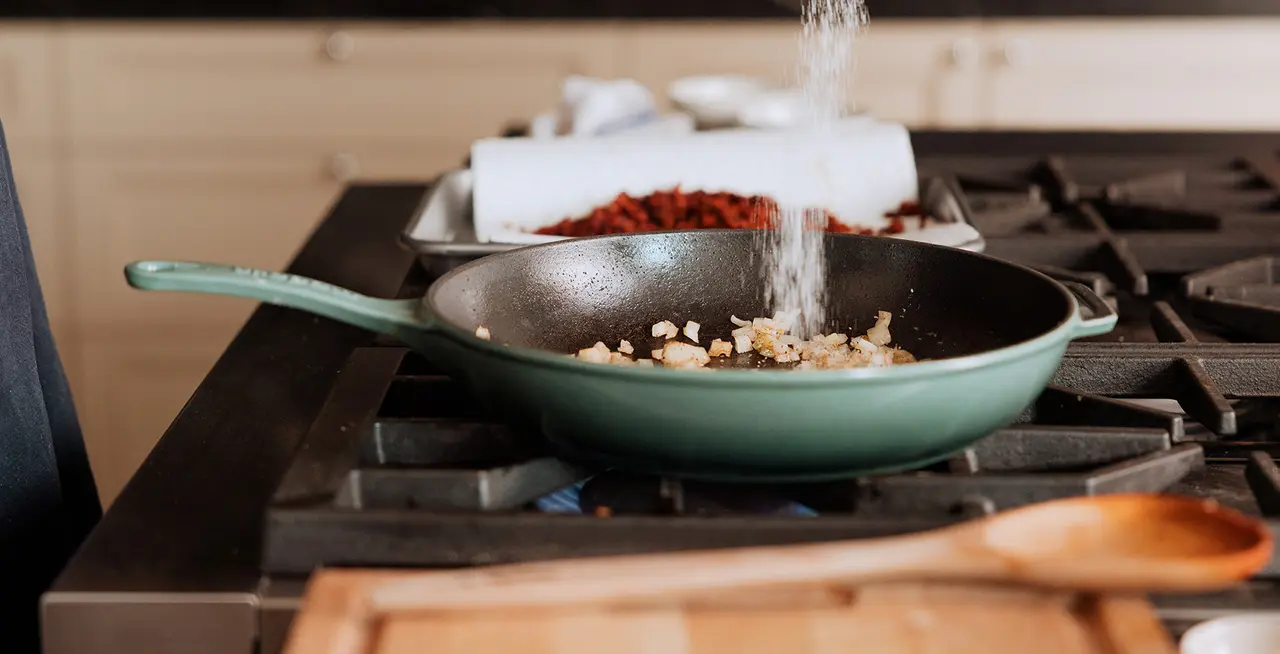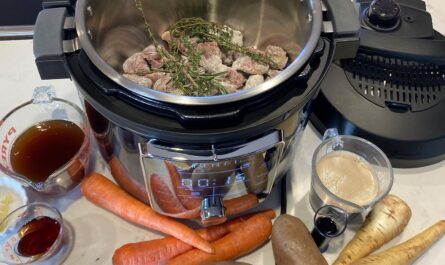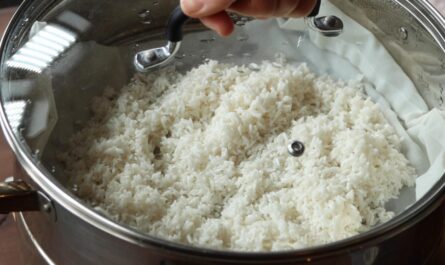
Understanding the Beauty of Cast Iron Skillets
Cast iron skillets are a staple in many kitchens. They are known for their excellent heat retention and versatility. Whether you’re searing meat or baking cornbread, a cast iron skillet can be your best friend. However, not everything is suitable for cooking in a cast iron skillet. Let’s explore what not to cook so you can protect your beloved cookware and maintain its seasoning.
Why Certain Foods Aren’t Ideal for Cast Iron
Cast iron has magical properties, but it’s not indestructible. So why avoid certain foods? Well, some ingredients can damage the skillets seasoning or affect the taste of your dishes. Understanding these can save both your skillet and your taste buds!
Acidic Foods
Foods high in acid, such as tomatoes, citrus, and wines, are best avoided. These can erode the seasoning and impart a metallic taste to your meal. Imagine trying to cook a tomato sauce only to have it ruin both the skillets surface and the flavor.
Delicate Fish
Can you cook fish in a cast iron skillet? In most cases, yes, but with sensitive varieties like salmon, you may want to reconsider. It tends to stick easily and can break apart, leading to a cleaning headache. Consider using a non-stick skillet for these instead.
Sticky Situations: Eggs and Batter
Why Eggs Are Tricky
Many chefs say eggs are not a good fit for a cast iron skillet until it is well-seasoned. Eggs stick to poorly seasoned skillets, making cleanup challenging. If you must cook eggs in cast iron, ensure it is perfectly seasoned.
Sugary and Sticky Batters
Cooking sugary foods like pancakes can be problematic as well. They might stick to the surface, and their sugar content can lead to burning, again ruining both your meal and skillet.
Cooking at High Heat
While cast iron can withstand high heat, avoid cooking at maximum temperatures if not necessary. Foods that require very high heat might result in uneven cooking and can contribute to an uneven seasoning over time, making your skillet’s surface sticky.
Recipes to Avoid: Big No-Nos
Why Soups and Boiled Foods Aren’t Ideal
Boiling water in cast iron is rarely recommended. It strips away the seasoning you’ve worked so hard to develop. Even though soups and stews might sound like a clever use, they can be damaging.
Preparing Your Skillet: The Right Way
Before diving into cooking, its important to properly prepare your cast iron skillet. Start by cleaning it without soap and applying a light coat of oil. Seasoning is a step-by-step process that takes patience and care.
Maintenance Tips
To keep your cast iron skillet in top shape, maintain its seasoning by regular application of cooking oil and ensure it’s cleaned correctly after each use.
Benefits of Following This Guide
By avoiding these cooking pitfalls, you extend the life of your skillet and get the best results in your meals. Youll save time in clean-up and keep each dish flavorful and well-cooked.
Conclusion: Enhance Your Cooking Experience
Your cast iron skillet is a powerful tool, but it requires specific care to remain effective. By knowing what not to cook, youll have a better and more delightful cooking experience.

FAQs on Cast Iron Cooking
Can All Foods Be Cooked in Cast Iron Skillet?
No, especially avoid acidic foods, delicate fish, and sugary items.
Will Acidic Foods Damage the Skillet?
Yes, acidic foods can erode the seasoning and impart off-flavors.
What’s the Best Way to Prepare a Skillet for Cooking?
Ensure it’s clean, oiled, and properly seasoned before use.
For additional recipes and skillful cooking techniques, visit Delish and explore the wonders of one-skillet meals.
This article contains affiliate links. We may earn a commission at no extra cost to you.



